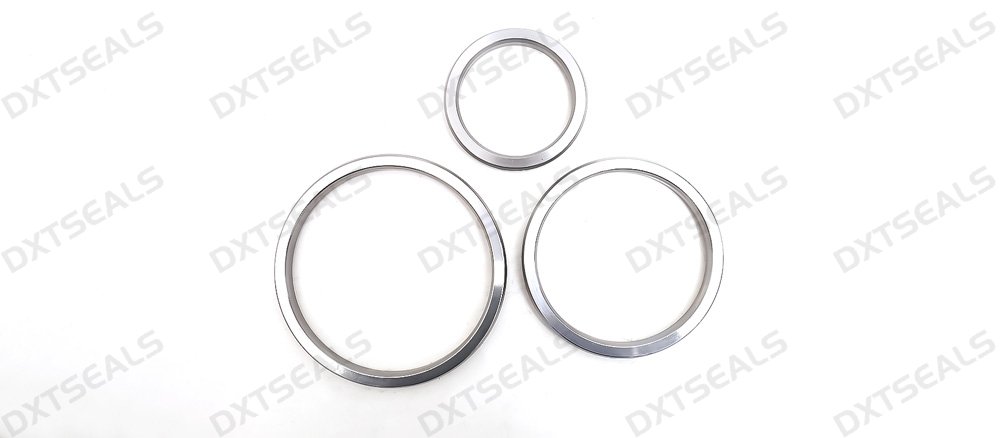
The aerospace industry demands components that can withstand extreme conditions, from intense mechanical stress to high-temperature environments. Metal washers play a crucial role in ensuring the structural integrity and reliability of aerospace systems. This article delves into the applications and advantages of metal washers in this high-stakes field.
Key Requirements in the Aerospace Industry
The aerospace industry has stringent requirements for all its components, including washers:
- High Strength and Durability: Materials must endure heavy loads and resist deformation.
- Corrosion Resistance: Components must withstand exposure to harsh chemicals, moisture, and temperature fluctuations.
- Precision Engineering: Washers must maintain tight tolerances to ensure optimal performance.
- Lightweight Construction: Components must balance durability with minimal weight to improve fuel efficiency and system performance.
Metal washers meet these demands, making them indispensable in aerospace applications.
Applications of Metal Washers in Aerospace
1. Fastening Systems
Metal washers are used in conjunction with bolts, screws, and nuts to ensure a secure connection in aircraft structures. They:
- Distribute load evenly to prevent material damage.
- Reduce loosening caused by vibration.
- Protect surfaces from wear and tear.
2. Engine Components
In aerospace engines, metal washers serve as spacers and seals in high-temperature, high-pressure environments. Their heat resistance ensures long-term performance in turbojets, turboprops, and rocket engines.
3. Landing Gear Assemblies
Landing gear systems experience immense stress during takeoff and landing. Metal washers enhance the durability and reliability of these assemblies by resisting deformation under heavy loads.
4. Hydraulic and Fuel Systems
Metal washers are used in hydraulic and fuel systems to prevent leaks and maintain pressure. Materials like stainless steel and copper ensure corrosion resistance and long service life.
5. Electronic Systems
Metal washers provide grounding and shielding in avionics and electrical systems. Their conductive properties help protect sensitive electronics from electromagnetic interference (EMI).
Advantages of Metal Washers in Aerospace Applications
1. Exceptional Strength
Metal washers, especially those made from high-strength alloys such as titanium, stainless steel, and Inconel, offer unmatched tensile and compressive strength. This makes them ideal for high-load applications in aerospace structures.
2. Temperature Resistance
Aerospace components often operate in extreme temperature ranges, from the freezing vacuum of space to the intense heat of reentry. Metal washers maintain their mechanical properties across these conditions, ensuring reliability.
3. Corrosion Resistance
Exposure to moisture, chemicals, and salt spray in aerospace environments demands materials that resist corrosion. Coated or specialty alloy washers extend the lifespan of critical systems.
4. Precision and Consistency
Metal washers can be manufactured to exacting tolerances, ensuring consistent performance in high-precision applications such as engine assemblies and hydraulic systems.
5. Lightweight Options
Materials like titanium provide high strength-to-weight ratios, enabling the design of lightweight washers that do not compromise performance. This supports aerospace goals of reducing weight and improving fuel efficiency.
6. Versatility in Design
Metal washers are available in various shapes, sizes, and finishes to meet specific aerospace needs, including sealing, spacing, and vibration damping.
Materials Commonly Used for Aerospace Metal Washers
1. Titanium Alloys
- Advantages: Lightweight, strong, corrosion-resistant.
- Applications: Structural fasteners, engine components.
2. Stainless Steel
- Advantages: High strength, excellent corrosion resistance.
- Applications: Landing gear, hydraulic systems.
3. Inconel and Other Superalloys
- Advantages: Outstanding performance in extreme temperatures and pressures.
- Applications: Jet engines, exhaust systems.
4. Copper and Brass
- Advantages: Superior conductivity and corrosion resistance.
- Applications: Electrical grounding, fuel system seals.
Tips for Selecting Metal Washers for Aerospace Applications
- Evaluate Environmental Conditions: Choose materials based on exposure to temperature, pressure, and corrosive elements.
- Prioritize Weight Reduction: Opt for lightweight metals like titanium for non-load-bearing applications.
- Confirm Compliance with Standards: Ensure washers meet aerospace certifications such as AS9100 or AMS specifications.
- Test for Durability: Conduct stress testing to verify the washer’s performance under operational conditions.
- Partner with Trusted Manufacturers: Work with suppliers experienced in aerospace components to ensure quality and reliability.
Conclusion
Metal washers are vital in the aerospace industry, offering strength, precision, and durability in critical applications. From engine components to landing gear assemblies, their contributions ensure the safety and efficiency of modern aircraft.
By understanding the materials and properties of metal washers, aerospace engineers can select the most suitable options for their specific needs, ensuring optimal performance even in the most demanding environments.
For high-quality metal washers tailored to aerospace applications, consult with industry-leading manufacturers to achieve the best results.
